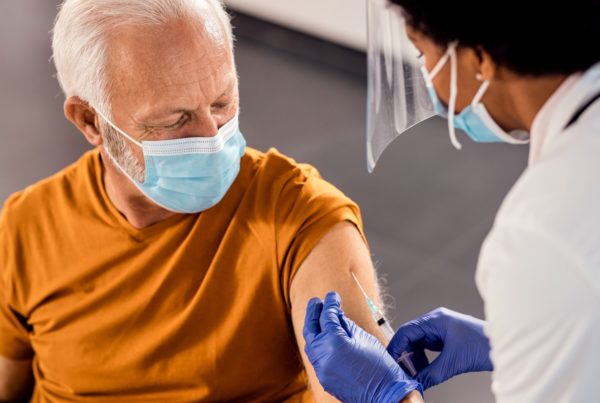
Overview
Last year, Toronto was shaken after an attack with a rented van in the North York area has left 10 dead and 15 others wounded. In a city that is generally known to be safe, this tragic event feels particularly jarring.
It’s difficult to predict senseless attacks such as this. And while Toronto is in mourning, one horrific act of violence will not alter the character of the city: at large, Toronto is still a safe place.
For travellers heading to Toronto or anywhere else around the globe, it’s important not to let events like this deter you from getting out there and exploring the world. Rather than avoid making plans, the best thing that you can do is be prepared in the event you encounter an emergency at home or abroad.
Measures for keeping safe
- Be prepared: If you are heading abroad, make sure to remain informed about geopolitical, cultural, societal, economic, and other factors that are relevant to the security of your destination. Keeping up with your government’s travel advisories for the region you’re heading to is a good way to begin.
- Stay alert: It is best to keep your ears and eyes open whenever you’re in busy public areas or other likely targets, such as government facilities, police stations, transport hubs, markets, restaurants, military posts, and business districts. Try to avoid wearing headphones or letting your cellphone distract you from the world around you.
- Plan ahead: Know where to go or who to call in the event of an emergency. This means knowing local emergency numbers as well as the number for your assistance provider. If you’re travelling, you can also register with your government or embassy prior to departure.
For more tips, read our step-by-step guide to planning for travel emergencies.
What to do if you’re in an emergency situation
In the event that you find yourself in the vicinity of an emergency situation like this week’s events in Toronto, here are a few tips to keep in mind:
- Do your best to remain calm and take shelter where you can. If you are caught in an active situation, you will likely be told to take shelter where you are.
- Monitor the reports of local authorities and follow any instructions they give you.
- You may be requested to evacuate the area for an extended period of time: buildings will likely be placed on lockdown, schools and workplaces may be shut down, and transit often rerouted to avoid the area. Pay attention to any updates and plan accordingly.
- Make sure you seek medical care if you have suffered any physical injuries.
- Consider seeking the advice of mental health experts, even if you do not experience any symptoms immediately after the event. Shock can often keep victims from feeling the effects right away, and many who go through or witness attacks will find that mental effects from their experience can resurface days, weeks, months, or even years afterwards.
For more insight, take a look at Travel Navigator.



